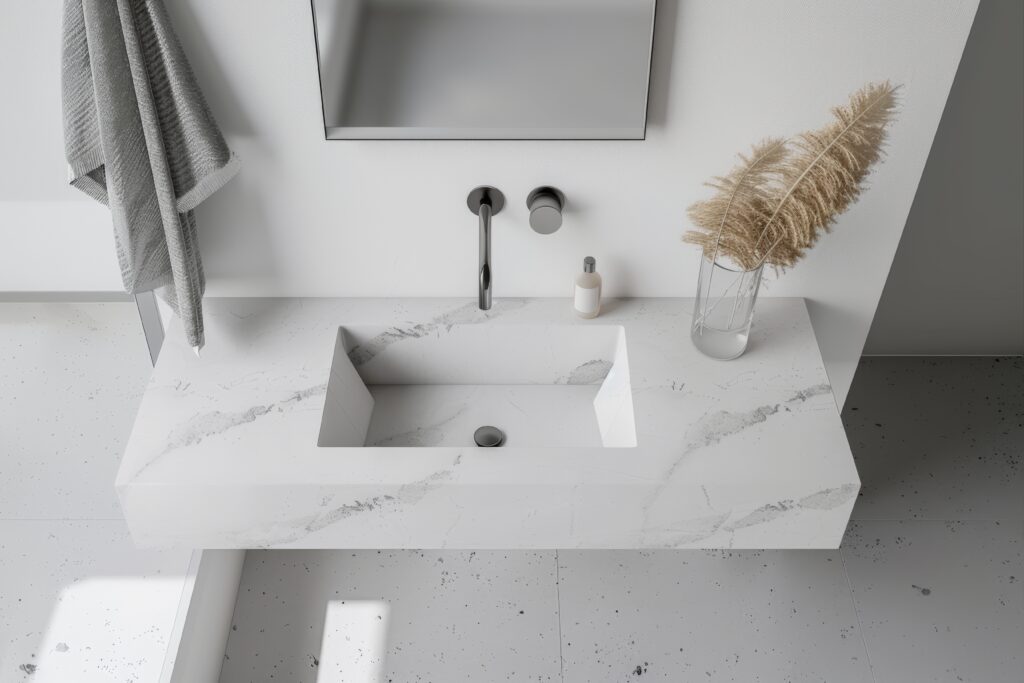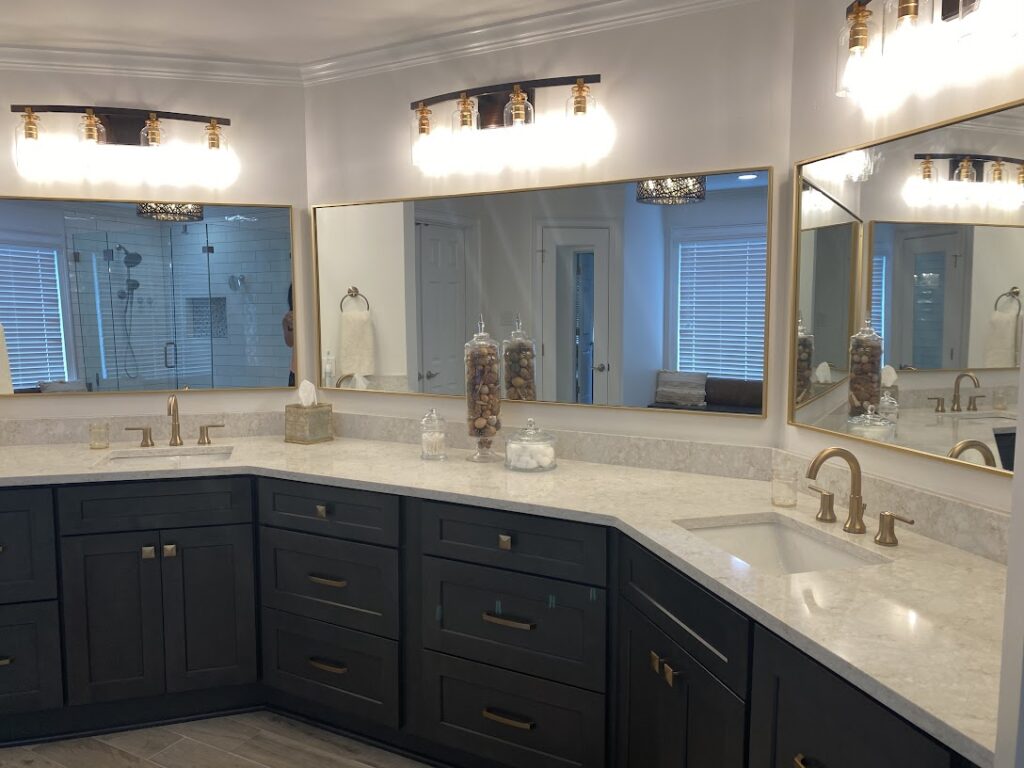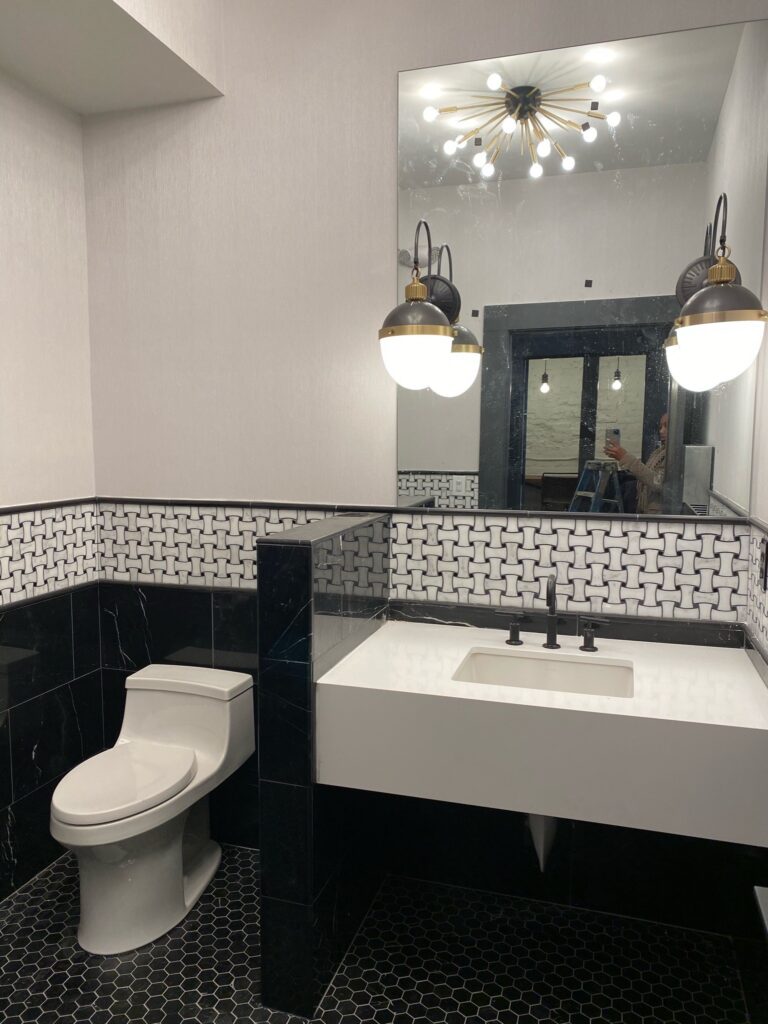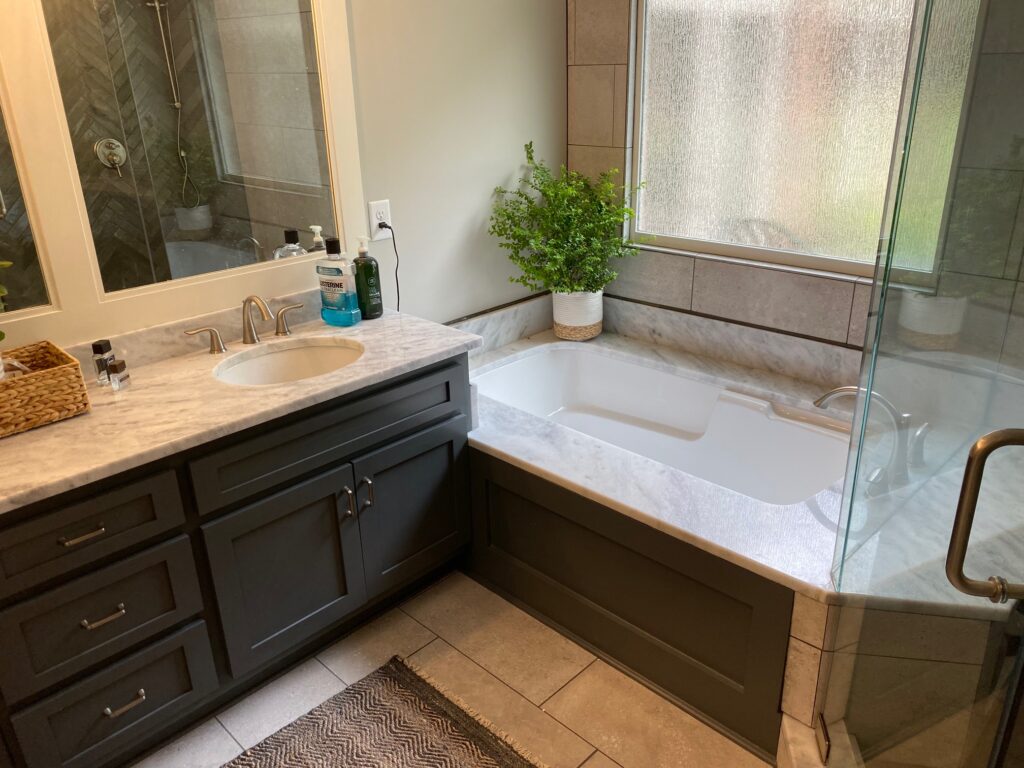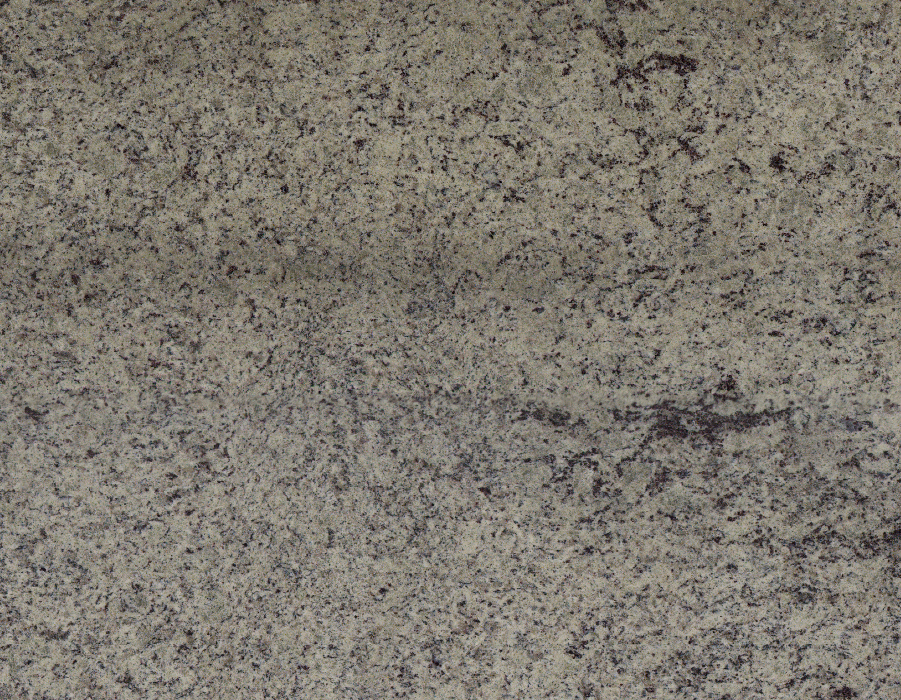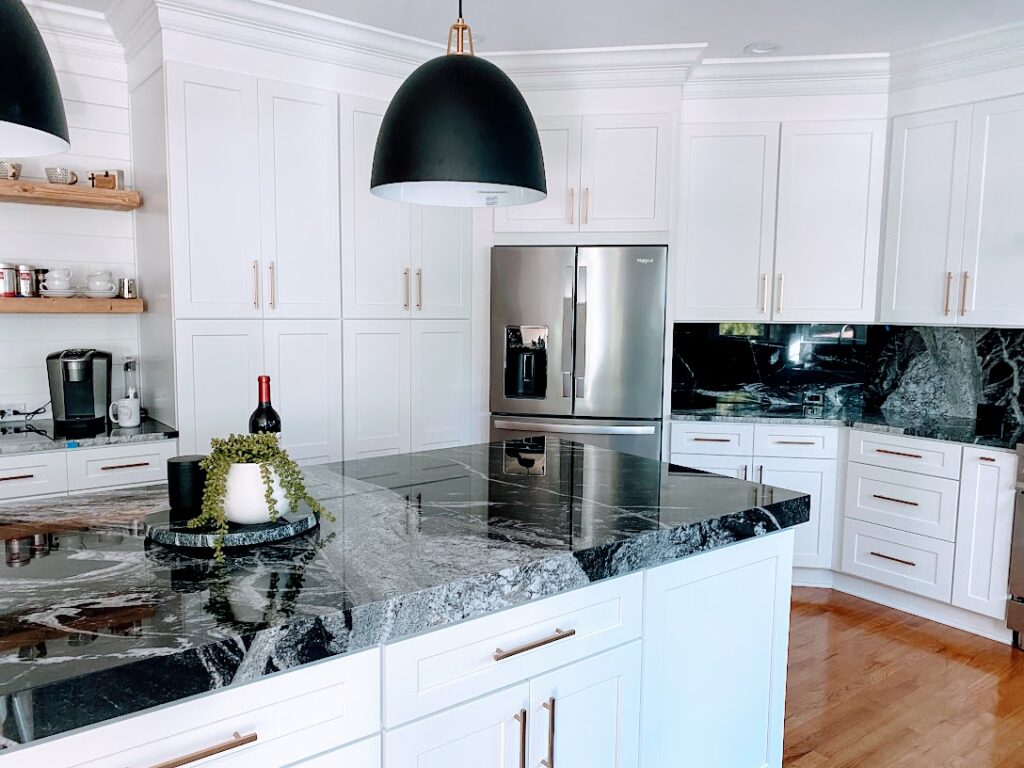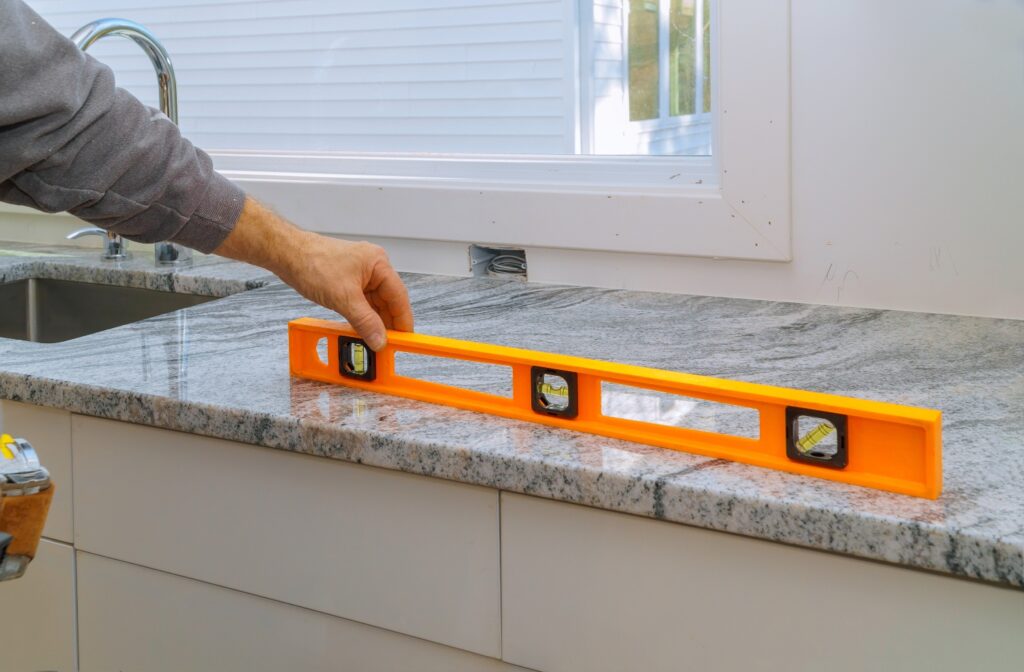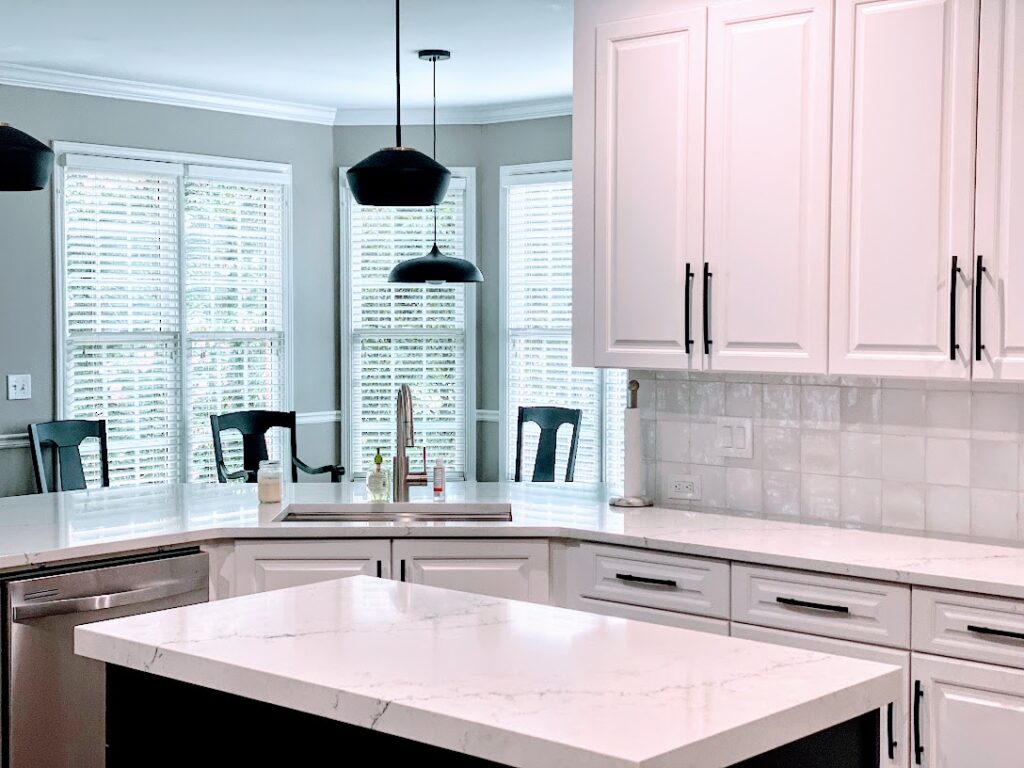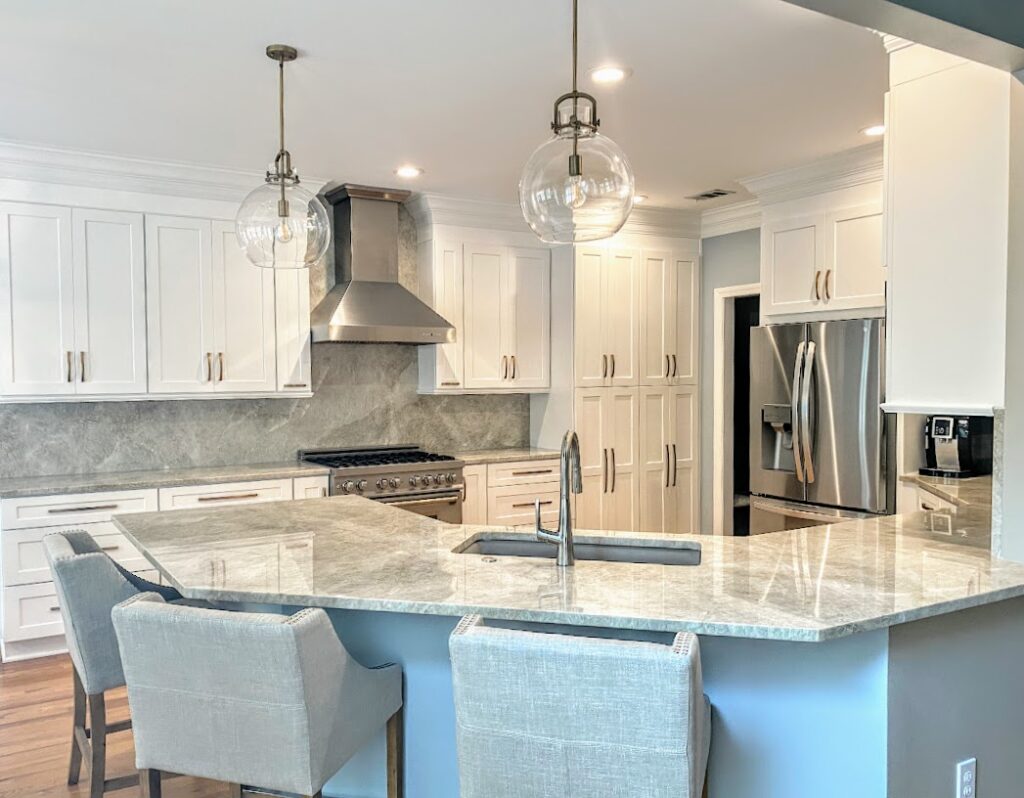Choosing the Best Countertop Materials for a Healthy Kitchen

When it comes to creating a kitchen that promotes health and safety, selecting the right countertop material is essential. This article explores the most effective surfaces for maintaining a hygienic environment, with a particular focus on quartz countertops, and provides a detailed comparison of various materials based on their maintenance and sanitary properties.
The Importance of Countertops in Food Safety
The kitchen serves as a central hub for food preparation, making it vital to keep surfaces free from harmful bacteria. Choosing a countertop that minimizes moisture retention and is easy to clean can significantly reduce the risk of contamination. Regular upkeep and proper cleaning techniques are key to achieving a safe cooking area.
Why Quartz Countertops Are a Preferred Option
Quartz countertops are engineered from natural quartz crystals combined with resins, resulting in a durable and visually appealing surface. Here are some of the standout features that make quartz an excellent choice for maintaining a clean kitchen:
-
- Non-Porous Surface: The non-absorbent nature of quartz prevents liquids from penetrating, effectively inhibiting the growth of bacteria and mold.
-
- Effortless Maintenance: Cleaning quartz is straightforward; a damp cloth with mild soap is often sufficient. For tougher stains, a gentle antibacterial cleaner can be used without damaging the surface.
-
- Stain Resistance: Unlike porous materials, quartz is highly resistant to staining, which helps preserve its appearance and hygiene over time.
- Exceptional Durability: This material is not only resistant to chipping and scratching but also withstands heat, making it ideal for busy kitchens.
Best Countertop Materials for a Healthy Kitchen
Here’s a breakdown of the top countertop materials that promote a clean, safe, and healthy kitchen environment.
Quartz: Non-Porous and Low Maintenance
Why Quartz is Ideal for a Healthy Kitchen – Quartz countertops are engineered from natural quartz crystals combined with resins, creating a non-porous surface. This means quartz doesn’t absorb liquids, making it highly resistant to bacteria, mold, and mildew. Because of its non-porous nature, quartz doesn’t need to be sealed, unlike natural stone countertops.
Pros of Quartz for a Healthy Kitchen:
-
- Non-Porous Surface: No bacteria or germs can penetrate the surface, making it incredibly hygienic.
-
- Low Maintenance: Quartz is easy to clean with mild soap and water. There’s no need for harsh cleaners or sealants.
-
- Stain Resistant: Quartz’s non-porous nature makes it resistant to staining from common kitchen substances like coffee, wine, and oils.
-
- Durable and Scratch Resistant: Quartz is tough and resistant to scratches, ensuring it remains smooth and sanitary over time.
Cons of Quartz:
-
- Cost: Quartz is more expensive than some other countertop materials, though its durability and hygiene benefits often justify the cost.
Granite: A Classic, Natural Stone Option
Why Granite Can Work in a Healthy Kitchen Granite is a natural stone known for its durability and luxurious appearance. While it is porous, properly sealed granite countertops can resist stains and bacteria, making them a good option for kitchens. Granite is heat-resistant and can handle the daily wear and tear of a busy kitchen.
Pros of Granite:
-
- Heat-Resistant: You can place hot pots and pans directly on granite without worrying about damaging the surface.
-
- Durable: Granite is incredibly tough, making it resistant to scratches and chipping.
-
- Natural Beauty: Granite offers a one-of-a-kind look, as each slab is unique.
Cons of Granite:
-
- Requires Regular Sealing: Because granite is porous, it needs to be sealed regularly to maintain its resistance to bacteria and stains.
-
- Can Be Expensive: Granite is a premium material, and high-quality slabs can be costly.
Solid Surface (Corian): Seamless and Repairable
Why Solid Surface is Great for Hygiene Solid surface countertops, such as Corian, are made from a blend of acrylic and natural minerals, resulting in a smooth, non-porous surface. Solid surface materials can be seamlessly integrated with sinks and backsplashes, eliminating gaps where dirt and bacteria might collect. Scratches or surface damage can be sanded out, ensuring the material stays clean and safe over time.
Pros of Solid Surface:
-
- Seamless Installation: Integrated sinks and backsplashes prevent areas where bacteria and mold can grow.
-
- Non-Porous Surface: No need for sealing, and it’s highly resistant to bacteria and moisture.
-
- Easy to Repair: Minor damage like scratches can be sanded out, keeping the surface smooth and hygienic.
Cons of Solid Surface:
-
- Heat Sensitivity: Solid surface countertops can be damaged by direct heat, so it’s important to use trivets or heat pads.
- Not as Durable as Stone: Although durable, solid surface materials aren’t as resistant to heavy impacts as quartz or granite.
Conclusion
Choosing the right countertop material is a crucial decision that impacts both the functionality and aesthetics of your kitchen. Quartz countertops stand out for their non-porous nature, durability, and ease of maintenance, making them an excellent choice for those prioritizing hygiene. However, other materials like granite and laminate also offer unique benefits that may suit different preferences and budgets.
By considering the pros and cons of each material and evaluating your specific needs, you can make an informed decision that enhances your kitchen’s safety and style.

Val Carvalho is a manager at Atlanta Stone Creations, with nearly two decades of experience in the stone and design industry. In addition to her leadership role, Val plays a key part in sales and design, bringing creativity, precision, and a strong sense of style to every project. Known for her warm and collaborative approach, she builds strong relationships with both her team and her clients. Val is passionate about delivering beautiful, high-quality results and creating an exceptional experience from start to finish.

